Heart rate in a healthy person depending on age and physical activity may change over the years. The heart rate in a calm state should be minimal, because the body is resting and does not require any additional energy.
Normal indicators in an adult should be in the range of 60-100 beats per minute, but if the pulse is accelerated to 200 beats, then this is already a serious health problem.
Record content:
- 1 Reasons for the appearance
- 2 Possible diseases
- 3 Diagnostics
- 4 When to see a doctor
- 5 Prevention
-
6 Treatment methods
- 6.1 Medications
- 6.2 Traditional methods
- 6.3 Other methods
- 7 Possible complications
- 8 Rapid heart rate video
Reasons for the appearance
A pulse of 180 beats per minute or more is the first bell to the fact that you need to urgently call an ambulance.
There can be many reasons for the high numbers:
- severe sinus tachycardia;
- atrial flutter;
- supraventricular tachycardia;
- paroxysmal ventricular tachycardia.
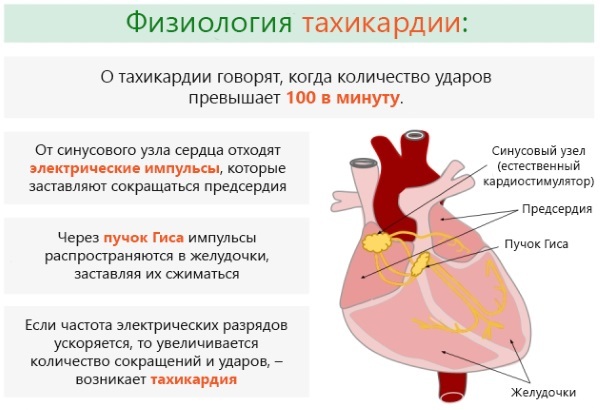
If you call an ambulance urgently, you can record an ECG during an attack, which later will help to correctly diagnose and choose an effective treatment.
In healthy people, all of these cardiac arrhythmias are rare.
But often high rates can be the cause of heart disease:
- coronary artery disease, heart attack;
- cardiomyopathy;
- myocarditis;
- heart disease;
- Wolff-Parkinson-White syndrome;
- CLC syndrome;
- chronic heart failure.
No ailments of the lungs, problems with the thyroid gland, anemia or fever provoke a rapid pulse, but there are exceptions - supraventricular arrhythmia and thyrotoxicosis.
It is considered normal if the heart beats rapidly with:
- physical activity;
- waking up in the morning;
- a sharp change in body position;
- strong emotional shocks;
- increased blood circulation in the organs of the digestive system, after eating.
There are also a number of specific factors that contribute to a rapid heart rate:
- if you had a nightmare at night;
- with insomnia;
- after using drugs or aphrodisiacs;
- during therapy with antidepressants or drugs that stimulate sexual activity;
- constant stress and overwork;
- alcohol abuse;
- high pressure;
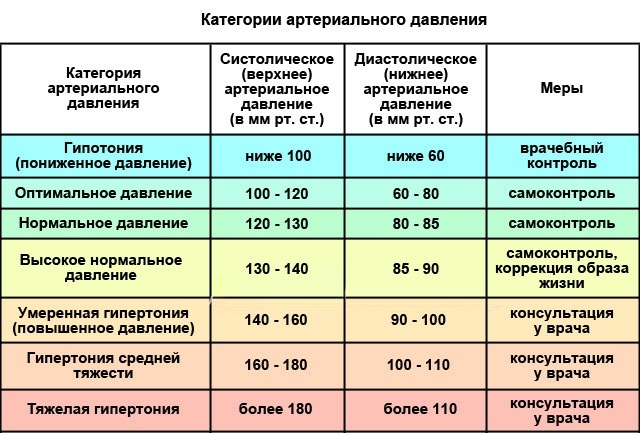
- acute viral and respiratory ailments;
- overweight.
A person can have a pulse of 200 beats per minute at a state of complete rest, which indicates:
- malfunctions of the endocrine system;
- disorder of the nervous system, mental imbalance;
- poisoning: toxins, poisons, alcohol, nicotine;
- flu and colds with high fever;
- infectious or catarrhal pathologies;
- sedentary lifestyle;
- bleeding.
For children, it is considered normal if the heart beats faster. In newborns, the pulse can reach 170 beats per minute and this is considered normal.
To understand the pulse is quickened or not, you need to know the rate, because it differs depending on age. The rates are described in the table below.
| Age | Pulse (minimum-maximum) |
| From the first hours to 1 month of life | 110-170 |
| 1-12 months | 102-162 |
| 1-3 years | 94-154 |
| 4-6 years old | 86-126 |
| 6-8 years old | 78-118 |
| 8-10 years old | 68-108 |
| 10-12 years old | 60-100 |
| 12-15 | 55-95 |
| 15-50 | 60-80 |
| 50-60 | 64-84 |
| 60-80 | 69-89 |
Possible diseases
There are several types of rapid heart rate. All types, features and symptoms are described in the table.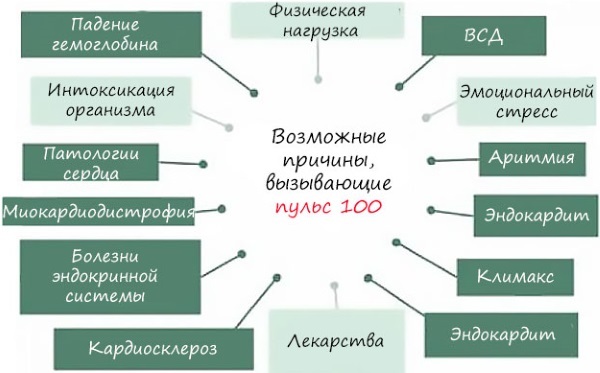
| Type of tachycardia | Features, symptoms |
| Nodular or sinus | This is a sign of a physiological increase in heart rate. It manifests itself during emotional arousal or against the background of a stressful situation. The number of heart contractions can be in the range of 100 beats or a little more. The general condition is not disturbed in any way, the pulse slows down as soon as the provoking factor is eliminated. |
| Supraventricular | The pulse quickens up to 200 beats per minute. To determine its amount, you just need to put your hand to one of the large vessels. This condition can cause chest discomfort, fear and anxiety. |
| Ventricular | This type of tachycardia occurs only in an emergency situation, when there are violations in the functions of the myocardial muscles. The pulse can go up to 250 beats. It is difficult for the heart to sustain such a rhythm; if timely assistance is not provided, the result may be death. |
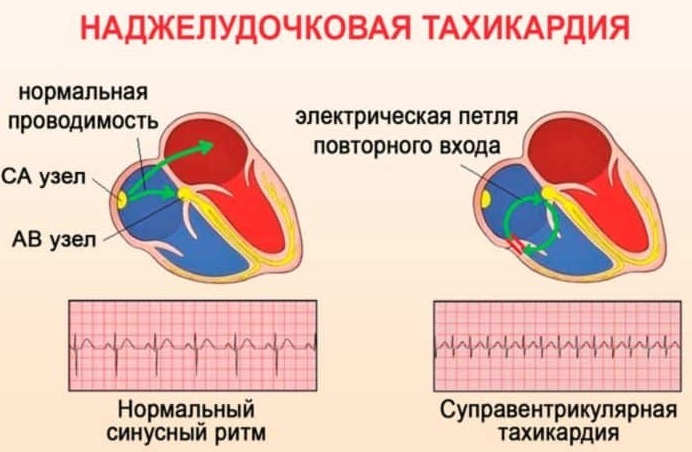
More often, the pulse quickens due to violations of the cardiovascular system, hormonal and endocrine ailments.
Tachycardia is manifested due to:
- Cardiac pathologies: myocarditis, cardiomyopathy, myocardial dystrophy, changes in the structure of heart valves, hypertension, ischemic disease.
- Thyroid diseases: hypothyroidism, myxedema, amenorrhea.
- Hormonal changes: menopause, malignant and benign formations.
Diagnostics
Based on the collected history and symptoms, the family doctor can make a preliminary diagnosis of a patient with a rapid pulse.
To make a more accurate diagnosis, you will need to undergo a comprehensive examination, which includes the following studies:
-
ECG (electrocardiogram). This technique helps to determine the electrical activity of the muscles of the heart. And the biological potential is recorded by electrodes. All received data are displayed in the form of a graph on the monitor or printed out on paper. This study allows you to determine the frequency of contractions, the conductivity of the heart muscle, the size of the atria, the degree of blood supply. The cost of the examination is within 500 rubles.
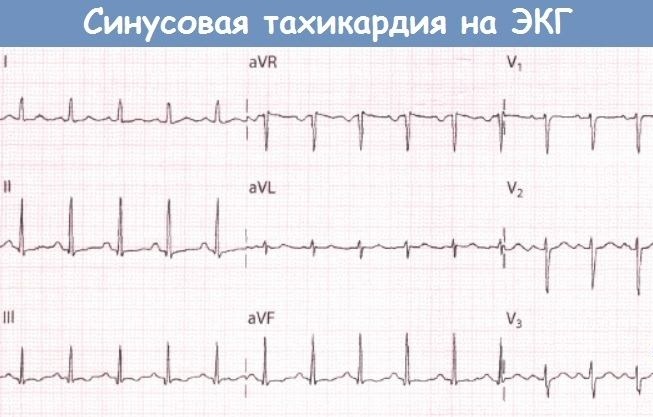
- Ultrasound of the heart. This study shows deviations in the structure of the organ, its functional features. Shows the mass of the ventricles, the size of the heart, myocardial contractility, blood pressure in the vessels, the state of the valves, the structure of the arteries of the lung and aorta, the presence of foreign objects. The cost of the research is about 3000 rubles.
- General blood analysis. With its help, it is possible to count the number of blood cells, it allows to identify leukopenia, anemia or leukemia. In the clinic, the analysis can be taken free of charge.
- Thyroid hormone test - thyroxine. Helps eliminate pathologies such as hyperthyroidism and hypothyroidism. If the level of the hormone is below normal, then weakness, depression is observed, and if it is higher than normal, then it causes a rapid pulse, shortness of breath, excessive sweating. Research cost from 300 rubles.
- Analysis of urine. Helps to establish the hormonal cause of the increased heart rate. With tachycardia and feormomocytoma, a symptom is combined, which manifests itself in the form of improper processing of adrenaline. The study can be done free of charge at the local polyclinic.
When to see a doctor
A pulse of 190 beats per minute is the first signal to urgently visit a doctor. This symptom is often the result of a serious heart condition. The earlier first aid is provided and the reason is clarified, the easier it will be to undergo treatment and complications will not appear.
Whatever the reason for the rapid heartbeat, the doctor must establish it, because with tachycardia, the heart works for limits of their capabilities, which ultimately will provoke the development of a serious ailment, even if at the first attack it is not It was.
Initially, you need to visit a therapist or family doctor, and after collecting an anamnesis, he will send you for consultation to narrow specialists: a cardiologist, an endocrinologist.
Prevention
To reduce the rapid heart rate, it is necessary to take preventive measures aimed at improving the functions of the heart:
- You should definitely give up drinking coffee, water with gas, black strong tea, chocolate. These foods make your heart beat faster.
- Give up bad habits: drinking alcoholic beverages, smoking.
- Drive a healthy lifestyle, exercise every day.
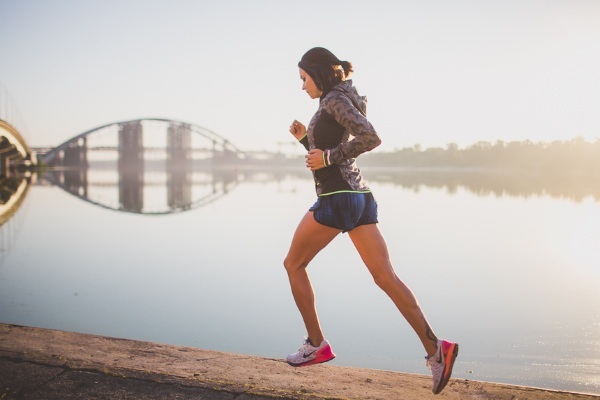
- Read the instructions for the drugs. With many medications, one of the side effects is an increased heart rate.
Treatment methods
If the pulse suddenly increased sharply, then it is urgent to perform several manipulations:
- stop any physical activity;
- take a horizontal position;
- unbutton tight clothing, providing fresh air to the body;
- call the ambulance team.
You can also try to do vagal tests yourself:
- deep breath with straining;
- wash your face with cold water, while holding your breath.
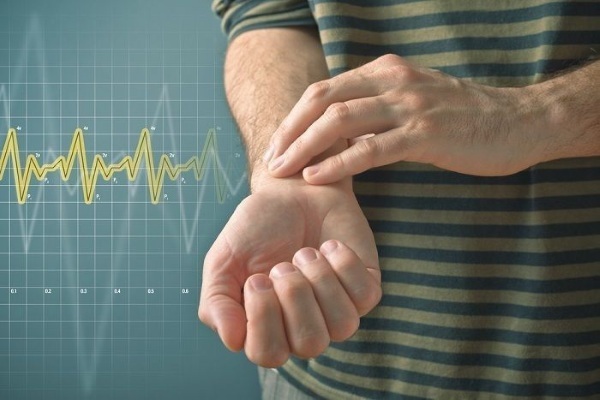
Until the ambulance arrives, you can alleviate the condition of a patient with tachycardia by giving him 20-30 drops of Corvalol or Valocordin.
There are several treatment options for arrhythmias:
- taking medications that help prevent the development of an attack;
- surgical intervention, with serious ailments to the patient's life.
Medications
Medication should be selected only after the type of tachycardia has been clarified. So, for example, if a person has sinus tachycardia, then its physical causes provoke and it is not necessary to take medications with it, it is enough just to calm down and rest. If the pulse does not return to normal, but the blood pressure is normal.
Then you can take the following drugs:
-
Diazepam It is a tranquilizer from the benzodiazepine group with anticonvulsant, hypnotic and muscle relaxant effects. The drug has a sedative effect, reduces the heart rate. The drug has a number of contraindications, therefore, only the attending physician should select the dosage and course. The price of the drug is 200 rubles.
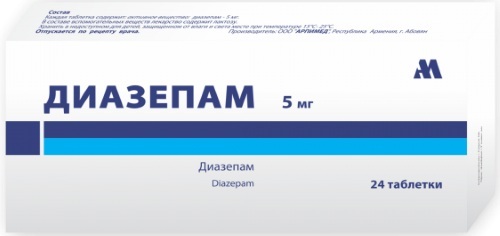
- Phenobarbital. This remedy with a hypnotic effect, helps to remove the disorder of the nervous system, which often provoke a rapid heartbeat. Also, the drug reduces muscle tone, removes cramps, soothes, affects metabolic processes, relieves pain, lowers blood pressure. Take the medicine 50 mg 2 times a day. The course is selected individually. The price of the drug is 100 rubles.
But ventricular tachycardia can be a pre-infarction condition. Heart palpitations in this case are accompanied by high blood pressure.
- Verapamil. It is a selective or as it is also called a slow calcium channel blocker. The drug has antiarrhythmic, antianginal and antihypertensive effects. The drug reduces myocardial oxygen demand, causes a stable vasodilation, increases blood flow, reduces the muscle tone of the peripheral arteries. The drug effectively helps with angina pectoris and arrhythmias. The dose and course are selected only by a specialist, the standard dosage is up to 60 mg 3 times a day. Price from 50 rubles.
-
Corinfar. It is a calcium channel blocker, which is prescribed for arterial hypertension, dilates peripheral vessels, increases myocardial tone, increases renal blood flow, and lowers blood pressure. The drug is taken 10 mg 3 times a day, the course is selected individually. The price of the drug is from 200 rubles.
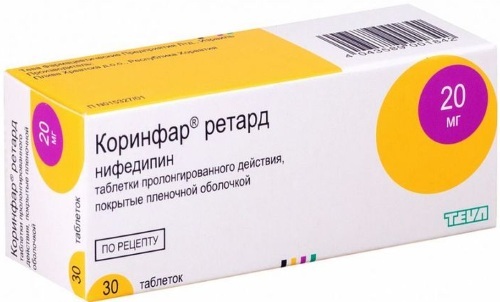
For the full functioning of the heart and blood vessels, minerals and vitamins are needed. If they enter the body a little, then there is a violation of the heart rhythm, including tachycardia. That is why, with an increased heart rate, a premix of vitamins and minerals should be taken along with medications.
The complex should contain the following components:
- Vitamins A, C, E, B1 and 6 and others. With their help, it is possible to strengthen the walls of blood vessels, improve metabolic processes, and protect heart tissue from damage.
- Magnesium. Prevents the appearance of blood clots, improves the metabolism of the heart.
- Calcium. Normalizes the contraction of the heart.
- Selenium. Protects the heart from adverse effects.
- Phosphorus and Potassium. Helps transmit nerve impulses.
Effective vitamin premixes for heart rhythm problems are: Direction, Asparkam, Cardio Forte.
Traditional methods
A pulse rate of 170 beats per minute is a serious strain on the heart. If such leaps are constant, then complications cannot be avoided.
You can help your heart with folk methods:
- Drink ½ tbsp. tinctures of calendula up to 4 times a day. For cooking, you will need to take 1 tbsp. l. calendula flowers and pour 2 tbsp. boiling water, leave for 2 hours.
- You can relieve an attack of rapid heartbeat with an infusion of blue cornflower flowers. 1 tbsp. l. pour 500 ml of dry raw materials. boiling water, insist and drink 100 ml 3 times a day.
- If the heartbeat is frequent, then you should eat figs in any form. You also need to consume as much honey and black currant as possible. You can replace sugar with honey, and make fruit drink, tea, mashed potatoes, jam, jelly from currants.
- Rosehip tea will help support heart function. You will need to take 2 tbsp. l. fruits, pour 2 tbsp. boiling water, leave in a thermos for 1 hour, drink instead of water. But do not abuse, the course is not more than 14 days, otherwise tea will be harmful - to flush out vitamins from the body.
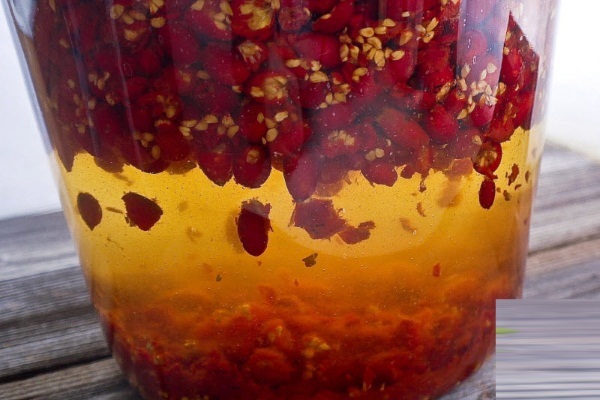
- Hawthorn tincture. With an increased heart rate, it is recommended to take 20 drops, adding ½ tbsp. water. Take up to 3 times a day. The treatment continues for 3 weeks.
- Infusion of calendula and motherwort. You will need to take 1 tbsp. l. dry collection and pour 1 tbsp. water, leave for 2-3 hours, strain and take in the afternoon. Continue the treatment for 3 weeks.
- The pulse often rises to 220 beats per minute, heart problems are observed, and medications do not help, then you can drink healthy fortified juice every morning. You need to take and squeeze out ½ tbsp. chokeberry juice, add 1 tbsp. juice from carrots, juice from 1 lemon, drink in small sips in the morning. The course is 2 weeks, after that take a break of at least 1 week and you can repeat the course.
Each organism is individual, therefore, not always an effective medicine can help in a particular case, and most medicines have many contraindications. Therefore, only a specialist should prescribe treatment.
Other methods
There are many reflex techniques that can help to calm heart palpitations. Almost all of them are aimed at increasing the tone of the vagus nerve. Here are some effective and proven techniques.
Helping to calm the pulse:
- hold your breath at the height of inhalation for up to 10 seconds, accompany with straining;
- for 5 seconds, press your fingers on the eyes in the area of the supraorbital arches;
- lower your face into a basin of cold water and hold your breath for 20 seconds;
- strain the muscles of the abdomen and extremities for 15 seconds, be sure to maintain intervals between tension in 1-2 minutes;
- sharp eye reduction helps to slow down the pulse;
- you can remove a rapid heartbeat with a cough or vomiting effect;
- massage of the common carotid artery located in the neck area helps to calm the rapid pulse.
If medications and reflex techniques have not helped to calm the tachycardia, then in this case, electrical defibrillation can be performed.
Possible complications
Rapid pulse is a sharp or gradual increase in the number of vibrations of the walls of blood vessels, which indicates a lack of oxygen in the cells. The heart is trying to increase the discharge of blood, therefore it works for wear and tear. Gradually, the myocardium can no longer qualitatively contract and conduct impulses.
This condition can cause serious complications in the cardiovascular system, lead to a heart attack, or even provoke a cardiac arrest. Sharp surges in pulse can lead to brain hypoxia and provoke fainting.
Pathological tachycardia can provoke:
- vascular thrombosis;
- persistent arrhythmias;
- cardiac asthma;
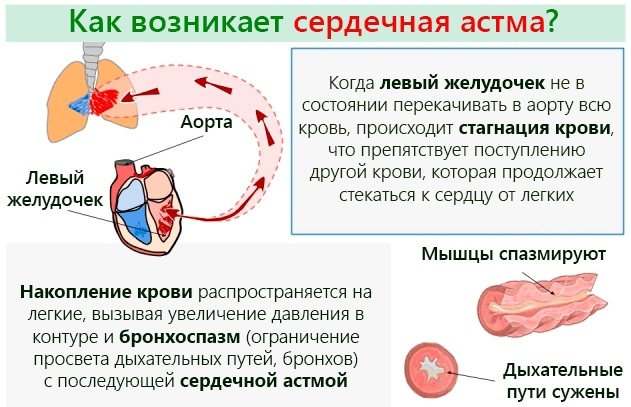
- ischemia of the heart.
If you find out the cause of the rapid heart rate in a timely manner, you can avoid serious complications. Timely treatment is the key to a healthy and fulfilling life.
The pulse rises to 190 beats per minute for no apparent reason - this is a serious problem that requires the intervention of a specialist.
If the cause is stress or serious physical exertion, then rest will help normalize the rhythm, and if the cause is an illness, then only complex treatment will solve the problem. Urgent care will help avoid complications, one of which can be a heart attack or even death.
Rapid heart rate video
Heart palpitations cardiologist:



